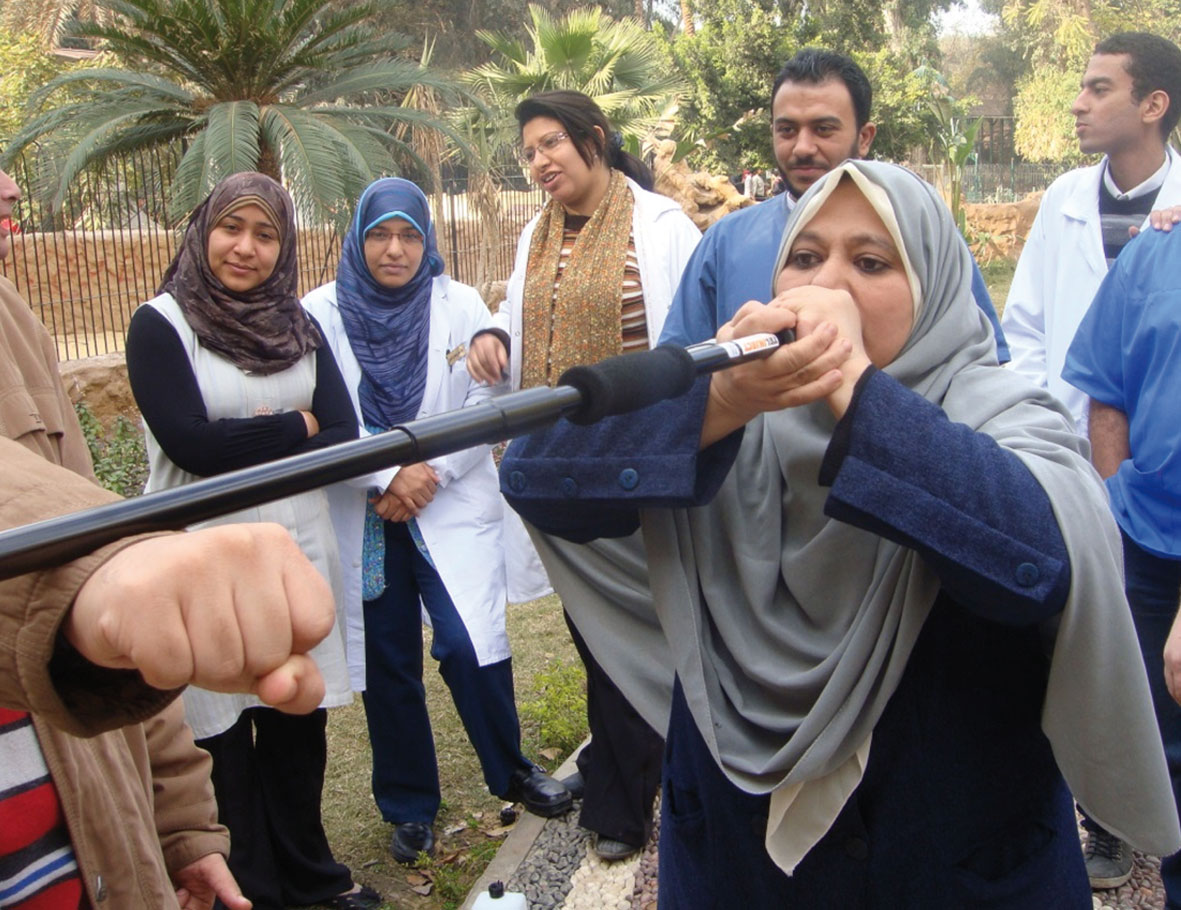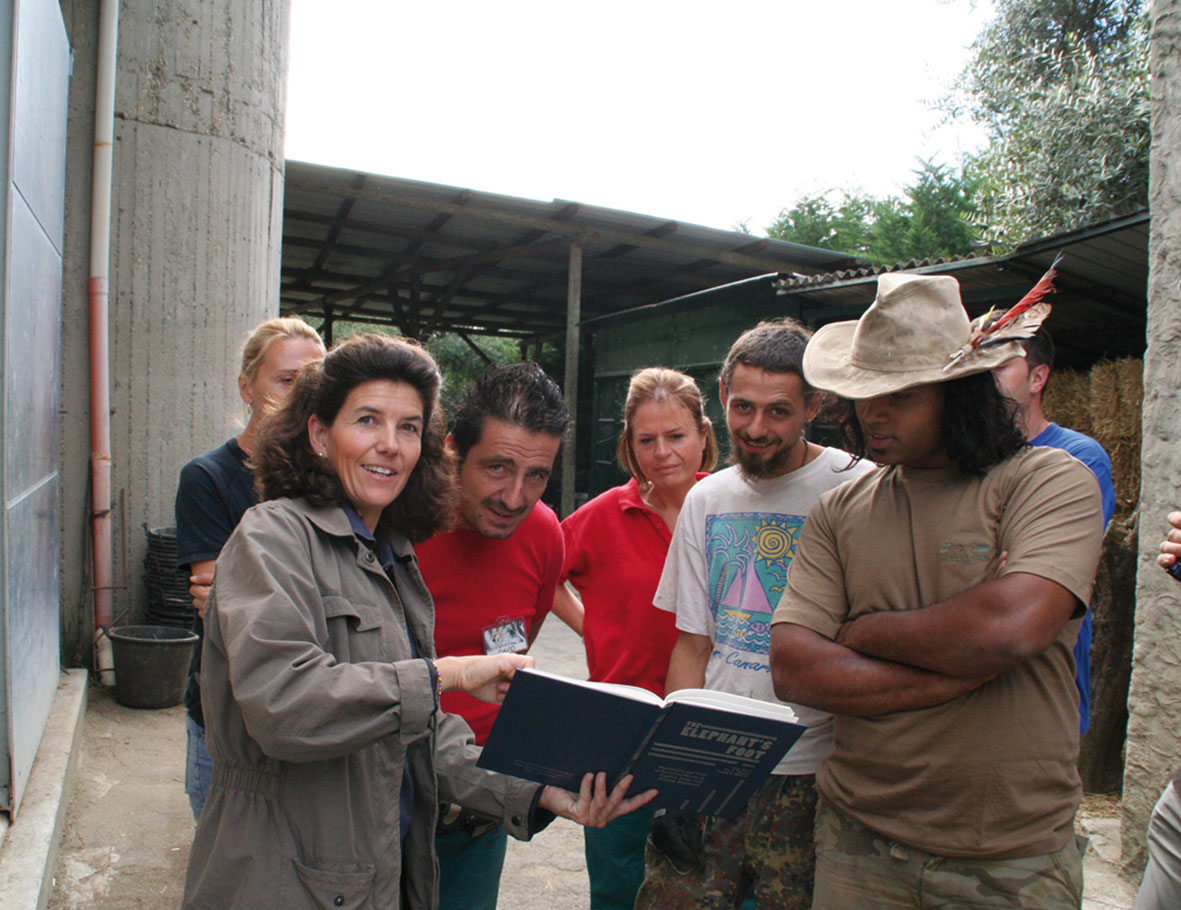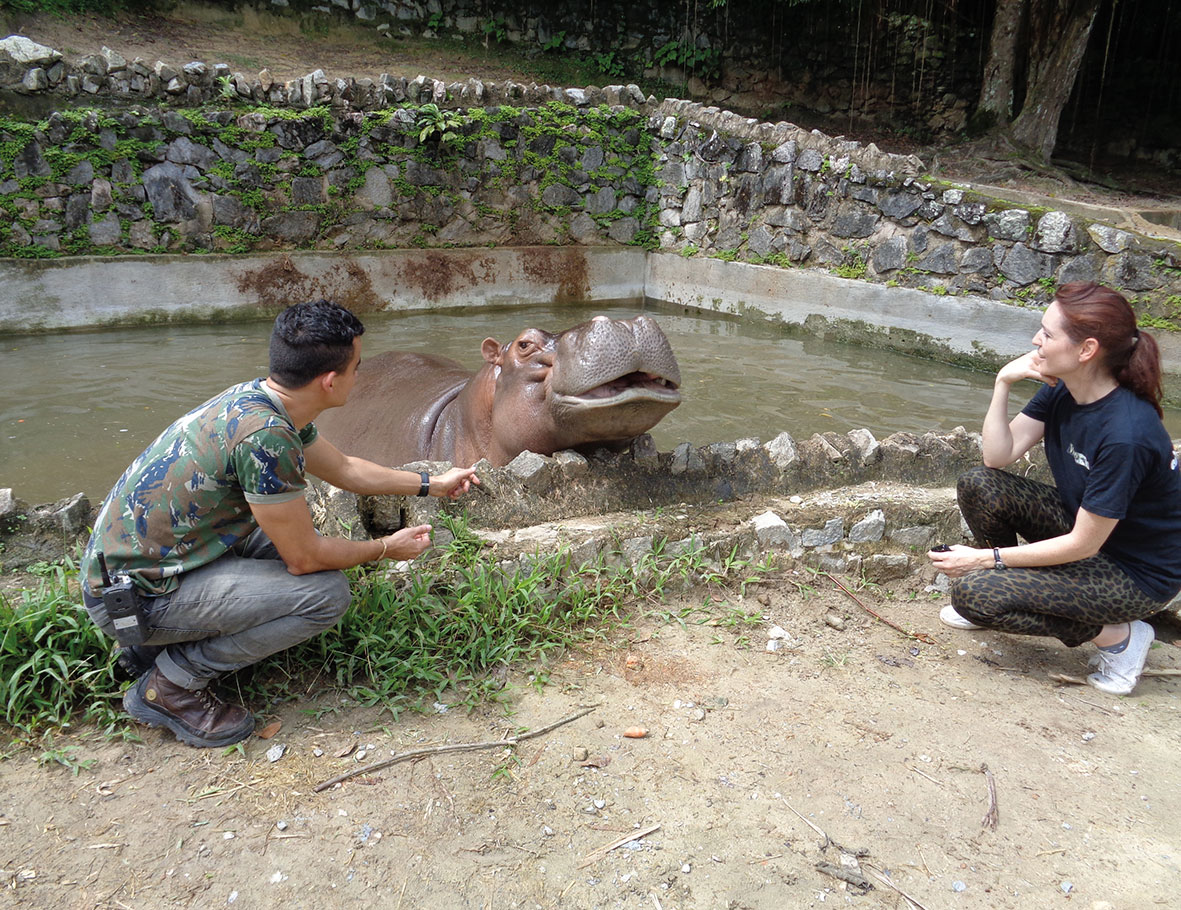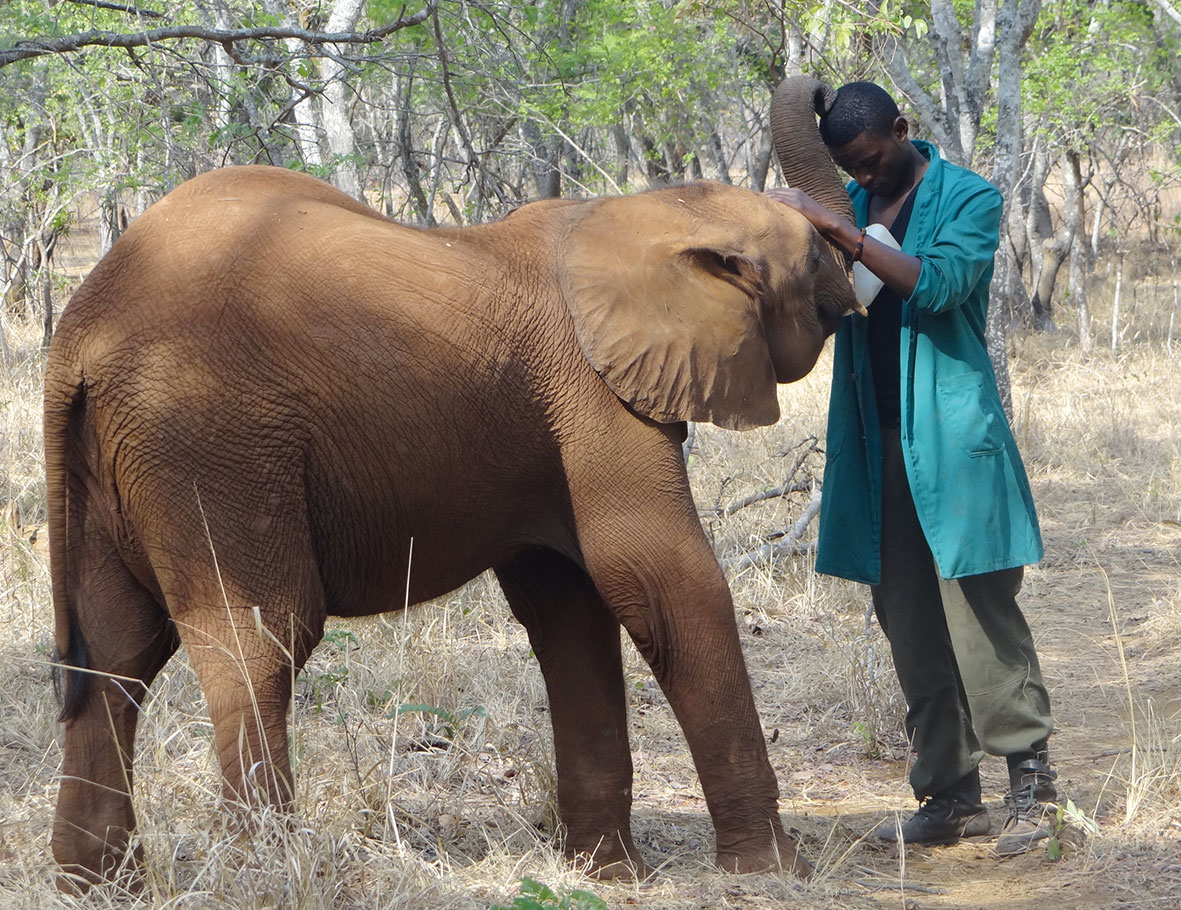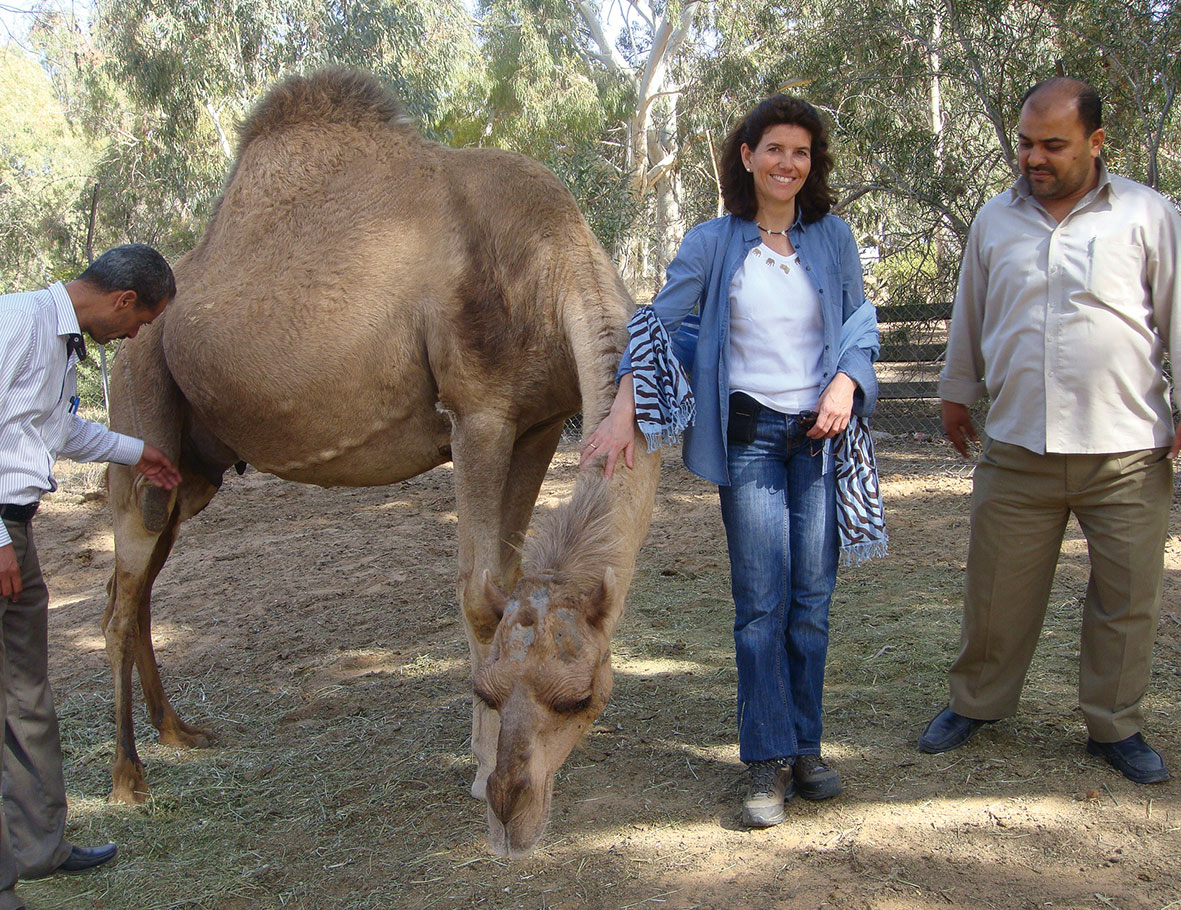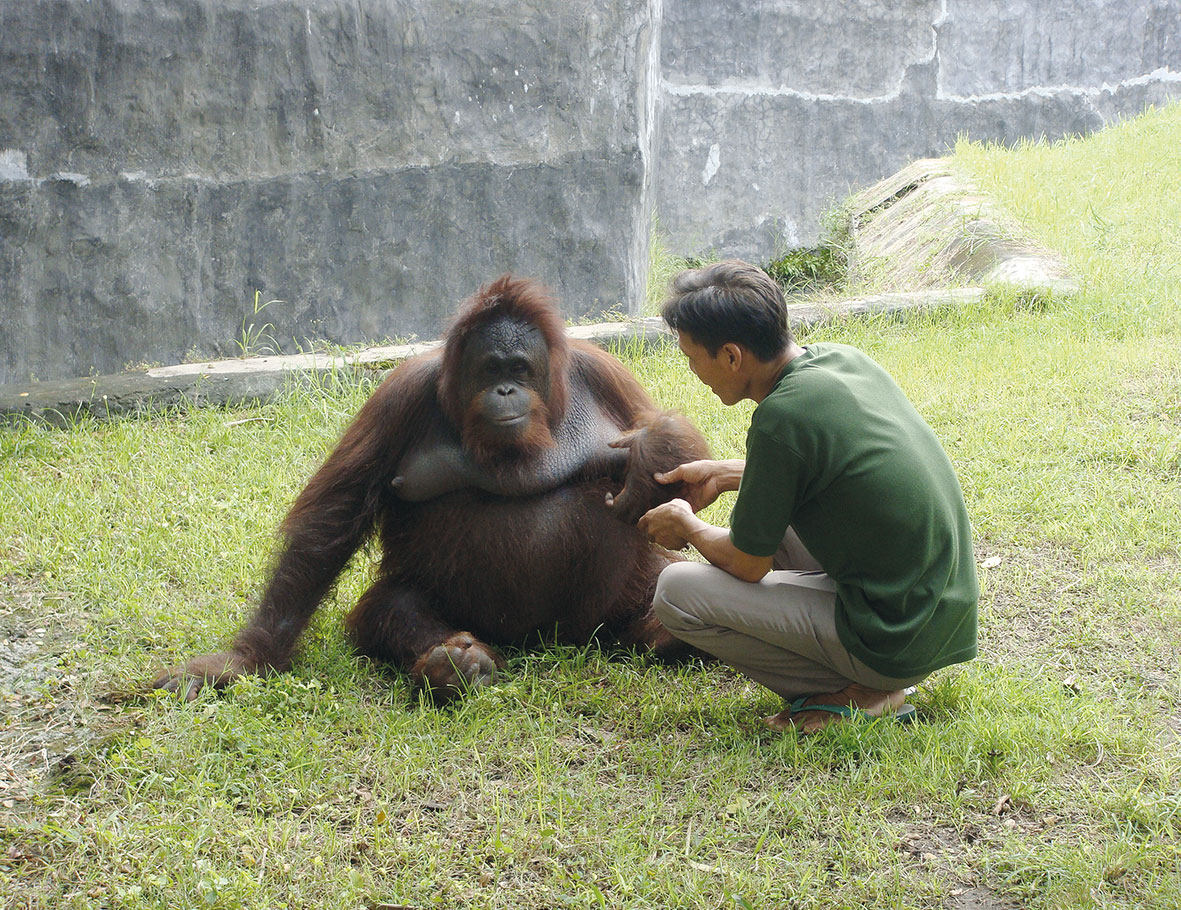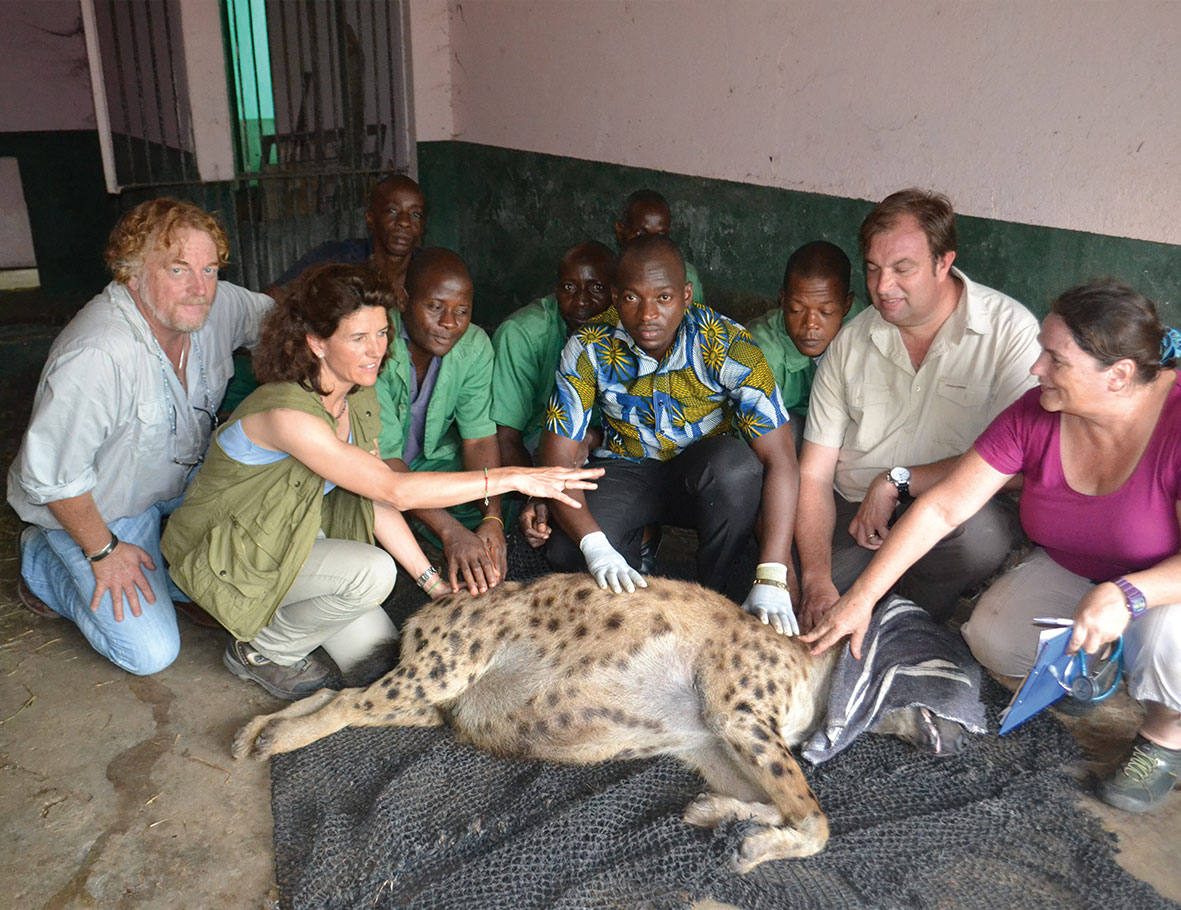Munich | Worldwide
In Retrospect
The Academy has regularly traveled in the past years to zoos on other continents in order to personally exchange advice and practical experience on site.
Dr. Julia Gräfin Maltzan takes stock:
“The educational mission of zoos is particularly essential in developing countries because without these zoos and the resulting public motivation, long-term species conservation would be unachievable. Most of these zoos, however, often operate at suboptimal levels in terms of personnel, financing, expertise, climate and other obstacles. On the other hand, these institutions play a key role in the global efforts to protect species and their habitats. The Academy has thus devoted itself to supporting these zoos in order to promote the common goals worldwide. The further training of rangers in a wildlife school in Cameroon pursues a similar goal: to optimally equip people who are responsible for the wildlife in their habitats of origin with the necessary knowledge.
The zoo consultations were rooted in the conviction that every wild animal has the same need and thus the culture, religion or tradition in which the people who take care of them is irrelevant. We generally began with the completion of audits or evaluations relevant to animal welfare as a basis for detailed consulting aimed at improving the standard of the zoos. Personal contact is particularly important as a foundation for future cooperation. One of our objectives was the creation of a culture for nature conservation; equally important was the design of enclosures which complied with species and animal welfare and recognized the dignity of every animal. Our priority, of course, was the exchange of expertise and practical training on the topics of veterinary care, distance immobilization, prevention, keeping, feeding, care and housing. Whenever possible, the respective university was integrated in order to serve as a future centre for wildlife medicine.
Over the past years we visited zoos in Havana, Cuba; Cairo, Egypt; Tripoli, Libya; Abidjan, Ivory Coast; Rio de Janeiro and Recife, Brazil; Kishinev, Moldavia; Surabaja, Prigen, Bogor and Bali, Indonesia; and Garoua, Cameroon. Some of these consultations were initiated by and carried out in cooperation with WildWelfare, an English NGO for wildlife welfare.
The constructive exchange and the exceedingly positive resonance were always overwhelming and confirmed our conviction that we are heading in the right direction with these missions.” The Academy will certainly carry on with these initiatives.



